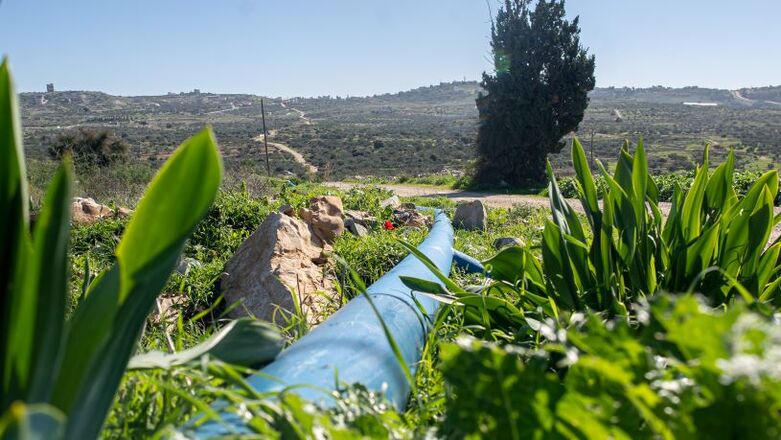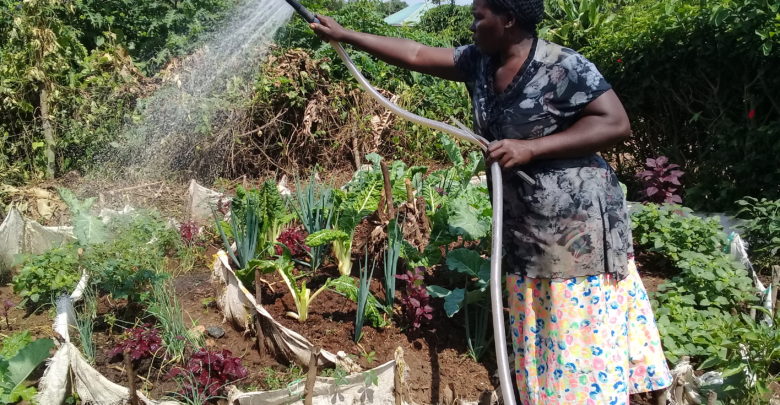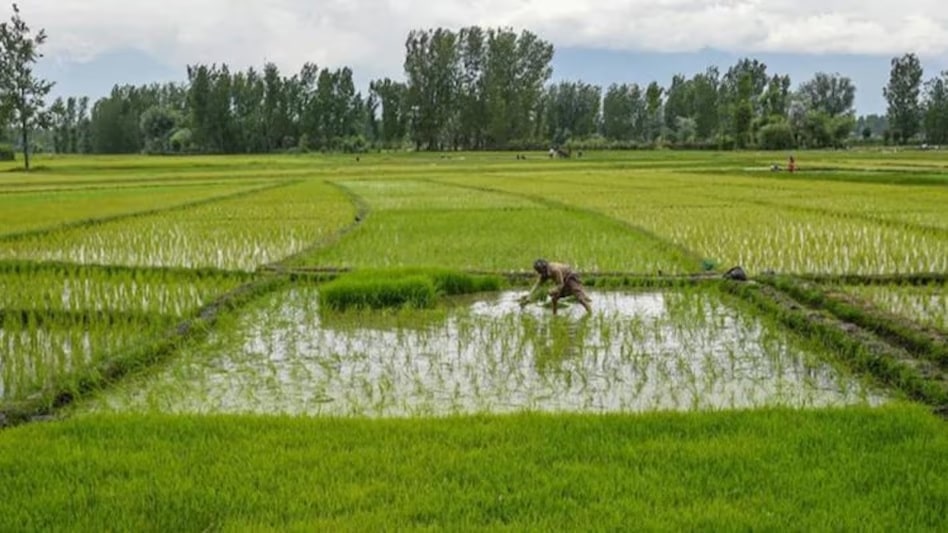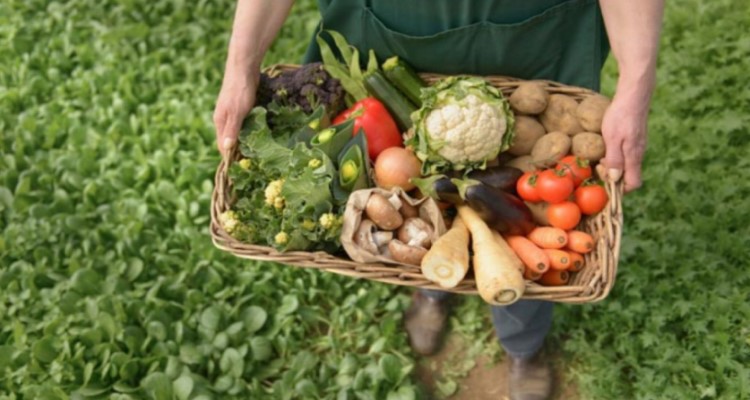Project Proposal
Sustainable Livelihood Development for Rural Communities
To enhance the socio-economic well-being of rural communities by promoting sustainable livelihood options.
For getting a complete proposal you can contact us at
Contact: gdn100@gmail.com / What’s App Us:+923082792040 and pay the price of your desired project.
Product Description
Project Objective:
To enhance the socio-economic well-being of rural communities by promoting sustainable livelihood options.
Description:
1. Needs assessment:
– Conduct a comprehensive assessment of the socio-economic challenges faced by rural communities, including income levels, access to basic services, and availability of natural resources.
– Engage with community members, local leaders, and relevant stakeholders to understand their specific needs, priorities, and aspirations.
2. Training programs on sustainable agriculture and natural resource management:
– Develop and implement training programs on sustainable farming practices, organic agriculture, and efficient water management techniques.
– Provide education on climate-smart agricultural practices, including agroforestry, crop rotation, and soil conservation methods.
– Promote the use of renewable energy technologies for rural agricultural activities, such as solar-powered irrigation systems and biogas production.

3. Establishment of cooperative societies:
– Establish cooperative societies or farmer groups to promote collective marketing, facilitate value addition, and improve market access for rural farmers.
– Provide training on post-harvest handling, quality control, and packaging to enhance marketability of agricultural produce.
– Facilitate access to credit and finance for farmers by establishing partnerships with financial institutions and microfinance organizations.

4. Vocational training centers for alternative livelihood options:
– Establish vocational training centers to provide skills and knowledge on alternative livelihood options, such as handicraft production, beekeeping, poultry farming, and small-scale enterprises.
– Provide training on entrepreneurship, business management, and marketing to enable rural community members to start and manage their own businesses.
– Promote the use of sustainable practices in alternative livelihood options, such as eco-friendly product manufacturing and waste recycling.
5. Community-based micro-enterprises and sustainable tourism initiatives:
– Support the creation of community-based micro-enterprises, such as agro-processing units, handicraft cooperatives, and eco-tourism initiatives.
– Provide technical support, training, and linkages to markets to ensure the viability and sustainability of these enterprises.
– Promote sustainable tourism initiatives that showcase the natural and cultural heritage of rural communities, creating income and employment opportunities for community members.
6. Strengthening local governance systems:
– Conduct capacity-building activities for local leaders, community-based organizations, and local government officials to enhance their skills in project management, planning, and implementation.
– Ensure effective coordination and alignment of livelihood development initiatives with existing government programs and policies.
– Promote participatory decision-making processes, ensuring the active involvement of community members in project planning, implementation, and monitoring.

7. Monitoring and evaluation:
– Implement a robust monitoring and evaluation system to regularly assess the impact of the project on income levels, quality of life, and environmental conservation in rural communities.
– Conduct surveys, focus group discussions, and stakeholder consultations to gather feedback and monitor progress.
– Use the findings from monitoring and evaluation activities to make data-driven decisions and continuously improve project interventions.
8. Partnerships and collaboration:
– Establish partnerships with government agencies, non-governmental organizations, and the private sector to leverage resources, expertise, and networks.
– Collaborate with local universities, research institutions, and extension services to incorporate scientific knowledge and technical advancements in project activities.










Reviews
There are no reviews yet.